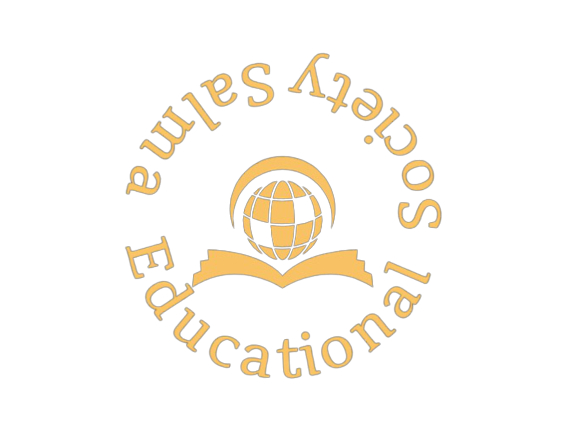Educational Psychology and Its Role in EFL Teachers’ Professional Development: Insights from Karachi's Private College Instructors
DOI:
https://doi.org/10.58661/ijsse.v4i3.328Keywords:
Teacher, Professional Development, Educational PsychologyAbstract
The evolving demands of modern education require teachers to enhance their effectiveness through professional development, with educational psychology playing a pivotal role. This study investigates the influence of educational psychology on the professional development of English as a Foreign Language (EFL) teachers in Karachi's private colleges. Data were collected through interviews with ten college teachers lacking formal educational psychology training. Using a phenomenological approach, responses were recorded, transcribed, and coded for thematic analysis. The findings highlight that knowledge of educational psychology is essential for both teachers and students, as it equips educators to understand diverse learning styles and employ psychological tools to facilitate effective learning. Furthermore, it encourages teachers to adopt appropriate strategies to cater to individual learner needs, fostering a conducive learning environment. Educational psychology enables the integration of varied teaching techniques and essential 21st-century skills, ultimately shaping teacher and student behavior to enhance educational outcomes. This study underscores the critical role of educational psychology in elevating teaching and learning experiences.









